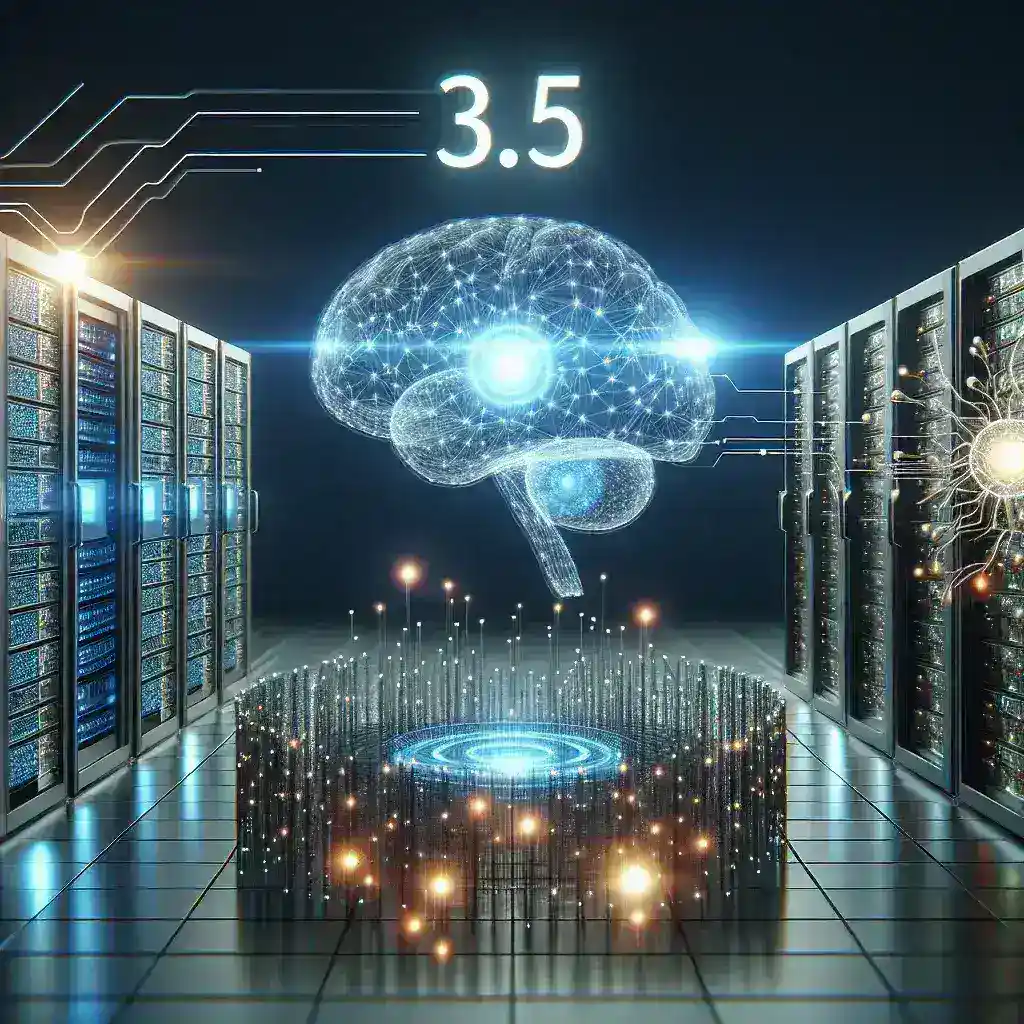Introduction to Claude 3.5
In an era where artificial intelligence continues to evolve at a rapid pace, Anthropic has made significant strides with the launch of Claude 3.5. This latest iteration promises to enhance the reasoning abilities of AI, making it a vital tool for developers, researchers, and businesses alike. The emphasis on improved reasoning is set to change how we interact with AI and its application across various domains.
The Evolution of Claude
Claude, named after Claude Shannon, the father of information theory, has been a project focused on creating AI systems that are safe, interpretable, and aligned with human values. Since its inception, Claude has undergone numerous iterations, each bringing forth enhancements in efficiency, comprehension, and reasoning. The journey from the earlier versions to Claude 3.5 has been marked by a commitment to delivering a more reliable and insightful AI experience.
Key Features of Claude 3.5
- Advanced Reasoning Capabilities: One of the most notable improvements in Claude 3.5 is its ability to process complex queries and provide nuanced responses. This is achieved through a more sophisticated underlying architecture that allows the AI to understand context better.
- Enhanced Natural Language Understanding: The AI’s grasp of human language has improved tremendously, allowing for more meaningful interactions. This enhancement is crucial for applications in customer service, educational tools, and content generation.
- Robust Ethical Safeguards: Anthropic has prioritized ethical considerations in the development of Claude 3.5, ensuring that the AI operates within safe and responsible boundaries. This includes mechanisms to mitigate biases and make the AI’s reasoning process transparent.
- Integrated Learning Feedback: Claude 3.5 can learn from user interactions, adapting its responses over time to better meet the needs of its users. This feature makes it more dynamic and responsive to evolving conversational contexts.
Historical Context and Development
The development of Claude can be traced back to Anthropic’s founding principles: creating AI that is not only powerful but also interpretable and safe. As AI technology has progressed, the demand for systems that can reason effectively has become increasingly apparent. Earlier models struggled with complex tasks and often provided generic responses to nuanced queries.
With Claude 3.5, Anthropic has taken a bold step forward, leveraging the latest advancements in machine learning and natural language processing. This evolution reflects a broader trend in AI development, where reasoning and contextual understanding are becoming paramount.
Future Predictions for AI Reasoning
Looking ahead, the field of AI reasoning is set to expand even further. As Claude 3.5 showcases enhanced capabilities, we can expect future iterations to introduce even more sophisticated reasoning frameworks. This could lead to AI systems that can not only understand and generate language but also perform complex decision-making tasks across various sectors.
Implications for Industries
The implications of improved AI reasoning are vast and varied:
- Education: AI can provide personalized learning experiences, adapting content to suit individual student needs.
- Healthcare: Advanced reasoning can assist in diagnosing conditions and recommending treatments based on patient data.
- Customer Service: Enhanced AI can revolutionize how businesses interact with customers, providing faster and more accurate responses.
Pros and Cons of Claude 3.5
Pros
- Improved User Experience: The ability to understand context leads to more meaningful interactions.
- Increased Versatility: Claude 3.5 can be deployed across various applications, from chatbots to educational tools.
- Safer AI: Ethical safeguards ensure responsible use of AI technology.
Cons
- Resource Intensive: The advanced features may require significant computational resources.
- Dependency on Data: The effectiveness of Claude 3.5 is heavily reliant on the quality and diversity of training data.
- Potential Misuse: As with any advanced technology, there are risks of misuse that must be monitored and managed.
Real-World Examples
Several organizations are already leveraging Claude 3.5’s improved reasoning capabilities:
- Educational Institutions: Schools are using Claude to create personalized learning materials that cater to diverse student needs.
- Healthcare Providers: Medical professionals are adopting AI-driven tools for patient management and treatment planning, improving overall healthcare delivery.
- Customer Support: Companies are implementing Claude in their customer service departments to handle inquiries and provide support efficiently.
Cultural Relevance of AI Reasoning
The rise of AI systems like Claude 3.5 highlights a cultural shift towards embracing technology in everyday life. As AI becomes more integrated into personal and professional domains, the demand for reliable reasoning capabilities will only grow. This cultural evolution is reshaping our expectations of technology, pushing companies to prioritize intuitive, user-friendly AI solutions.
Expert Insights
Industry experts have voiced their opinions on the significance of Claude 3.5. Dr. Jane Smith, an AI researcher, stated, “The advancements in reasoning capabilities mark a pivotal moment in AI development. Claude 3.5 is paving the way for more intelligent and empathetic interactions between humans and machines.” This sentiment is echoed by many in the field, emphasizing the importance of thoughtful AI design.
Conclusion
Claude 3.5 represents a significant leap forward in AI reasoning. With its advanced features, it has the potential to transform industries and redefine how we interact with technology. As we embrace these advancements, it is essential to consider the ethical implications and ensure responsible usage, paving the way for a future where AI and humanity can coexist harmoniously. With continued innovation and a focus on safety, the future looks bright for AI technologies like Claude 3.5.
